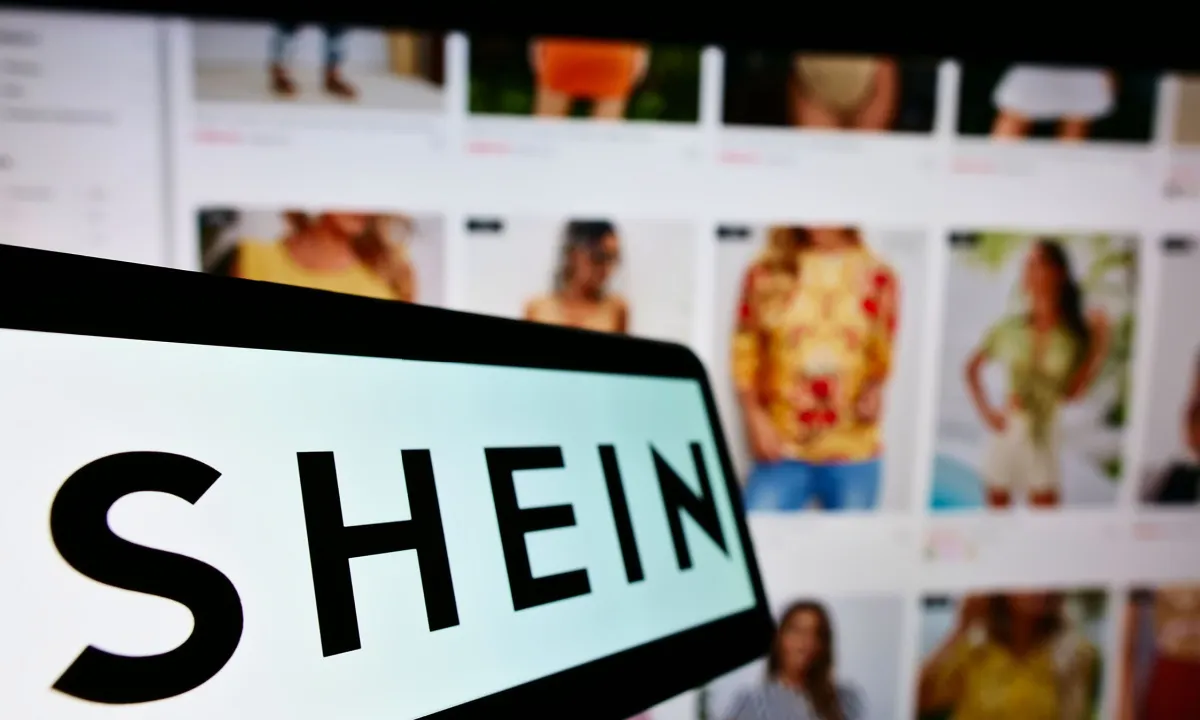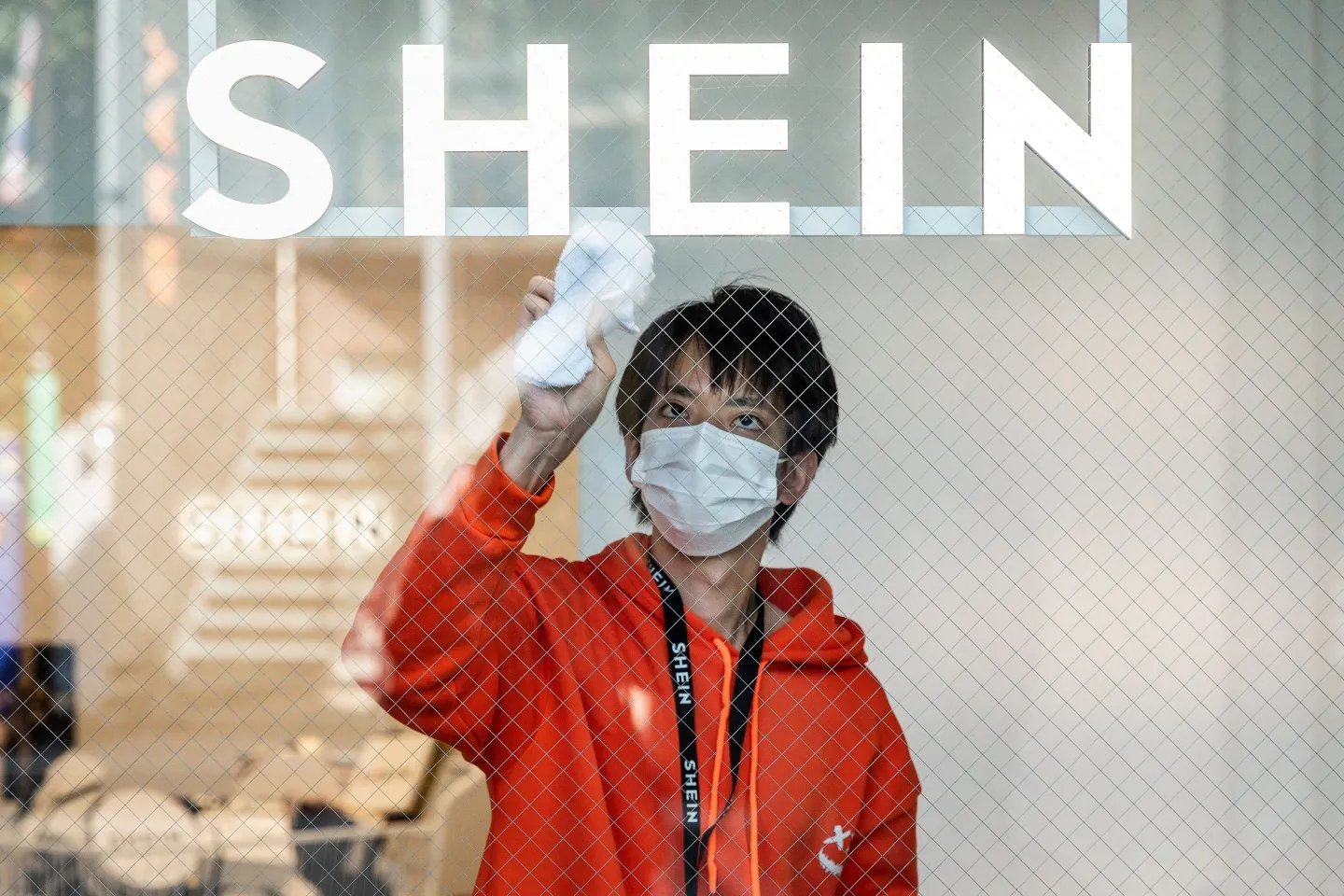Lawmakers are intensifying their examination of Shein following the company’s confidential filing to go public last week.
Rep. Blaine Luetkemeyer, R-Mo., a member of a key committee, has even threatened to pursue legislation that would prevent the retailer from trading if the U.S. Securities and Exchange Commission (SEC) does not reject its application.
In a video address released Tuesday, Luetkemeyer asserted that Shein “warrants extreme caution from regulators, customers, and investors” as the fast-fashion giant prepares to potentially begin trading on U.S. exchanges next year.
In an interview, he argued that the SEC must “do their job” and block Shein from trading on U.S. exchanges due to allegations that the retailer uses forced labor and exploits U.S. trade laws.
“Urge the SEC to apply maximum scrutiny to Shein’s business and management before allowing it anywhere near our capital markets,” Luetkemeyer stated in the video.
“Accessing U.S. markets and capital is a privilege, and we rely on the SEC to eliminate unworthy companies,” he added. “I sincerely hope the commission will review Shein to ensure American capital does not support crimes against humanity.”
Luetkemeyer suggested that Congress could pursue various actions against Shein if the SEC approves its public offering.
These actions might include legislation to block Shein from trading in the U.S. or restricting its shipments into the country. “Everything’s on the table, let’s put it that way, and I think we’ll see what action Shein wants to engage in,” he said.
Luetkemeyer is a member of the newly established, GOP-controlled House Select Committee on the Chinese Communist Party.
According to a legislative aide, the committee’s chairman, Rep. Mike Gallagher, R-Wisc., “shares Rep. Luetkemeyer’s concerns about companies benefiting from America’s capital markets despite clear and present concerns about human rights abuses and national security risks.”
Gallagher is also interested in pursuing reforms to the de minimis provision and expanding enforcement of the Uyghur Forced Labor Prevention Act, the aide added.
The committee is investigating Shein’s use of forced labor and its relationship with the de minimis provision—an ongoing inquiry, according to Luetkemeyer.
The de minimis provision allows packages valued under $800 to avoid import duties and receive less scrutiny from U.S. customs, which is responsible for ensuring that items from banned regions do not enter the country.
Shein often ships products directly to American consumers through its network of Chinese suppliers, allowing it to generally bypass this oversight. The company has expressed support for de minimis reform but has not specified what changes it supports.
“We want to make sure that we uncover and document the facts in a way that the SEC cannot ignore,” Luetkemeyer said.

The Republican push to block Shein from trading in the U.S. comes as bipartisan criticism of the Chinese-founded retailer intensifies.
Rep. Jennifer Wexton, D-Va., has also called for increased scrutiny of Shein, stating that lawmakers “must take action to hold Shein accountable” because products made from forced labor “have no place in the American marketplace.”
While the IPO filing has drawn more scrutiny, it remains uncertain whether the full Republican-controlled House or the Democratic-held Senate would have enough support to pass a bill restricting Shein’s ability to trade or do business in the U.S.
Luetkemeyer believes concerns about Shein are “not partisan” and expects broad support for legislative action against the company.
Last week, sources revealed that Shein has confidentially filed to go public in the U.S. and could be ready to start trading next year.
The company, which was last valued at $66 billion, has experienced rapid growth but is facing increasing scrutiny from lawmakers who suspect it offers low prices due to forced labor and exploitation of de minimis.
Shein has spent much of the past year trying to counter these narratives and win over regulators and Wall Street.
Shein has previously attributed its low prices to its inventory-light business model and its ability to quickly spot emerging trends. However, it has acknowledged that some of its raw materials come from regions with forced labor.
“SHEIN has a zero-tolerance policy for forced labor. We are committed to transparency across our entire supply chain and respecting human rights.
To comply with U.S. law, we require our contract manufacturers to source cotton only from approved regions. As of November 2023, only 1.7% of our cotton tested positive for unapproved cotton,” a Shein spokesperson told.
“According to global supply chain tracing firm Oritain, these amounts are much lower than the industry average of 14%,” the spokesperson added.
“In rare cases where cotton from unapproved regions is detected, we take immediate actions such as suspending production, halting shipments to the U.S., and removing U.S. product listings.”
When asked if shipments are also halted and listings removed in other parts of the world, the spokesperson said, “our policy is to comply with the customs and import laws of the countries in which we operate.”
The U.S. has banned the import of cotton and other products made in Xinjiang, China, since 2021 due to evidence of genocide, torture, and forced labor against the Uyghur ethnic group in the region. Other countries have yet to implement similar regulations.






Leave a Reply